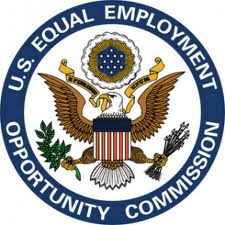Preventing Violence in the Workplace
Tuesday, February 21st, 2012 A new survey by AlliedBarton Security Services reveals that more than half of Americans have had an experience with workplace violence. The survey of 1,030 adults reported that 52% of respondents witnessed, heard about or experienced a violent event or an event that can lead to violence at their place of work. Typical incidents that lead to violence include hostility, threats and abusive language that can intensify to physical injury.
A new survey by AlliedBarton Security Services reveals that more than half of Americans have had an experience with workplace violence. The survey of 1,030 adults reported that 52% of respondents witnessed, heard about or experienced a violent event or an event that can lead to violence at their place of work. Typical incidents that lead to violence include hostility, threats and abusive language that can intensify to physical injury.
Twenty-eight percent of workers surveyed said that at their current job, they have been personally affected by these types of incidents or violence. Another 12% have witnessed, heard about or are aware of significant harm to others at their jobs, while 5% reported they have personally been affected by this type of incident.
The survey also asked workers how they felt about safety on the job. Fully one-third said they are very or somewhat concerned with their personal safety. In contrast, 29% of workers who experienced, witnessed or heard about an incident of violence neither reported it nor took any other action.
The survey also found that, while the vast majority of employers (94%) took some action as a result of reports of workplace violence, only 53% took disciplinary action. The percentage of employers who implement training for workers or supervisors was also low (45% and 35%, respectively).
Experiencing violent incidents on the job can encourage employees to seek a new position. According to the survey, 28% of those who know about or experience workplace violence are looking for a new job, compared to 17% of those who have not.
Employers owe it to their workers to provide a safe and healthy work environment. It starts by paying attention to the culture of the workplace, and instilling good practices and procedures. A no-tolerance approach to bullying, abusive language and inappropriate behavior, backed up by disciplinary action for every incident, will empower all employees to help prevent workplace violence before it happens.
And don’t neglect to conduct thorough pre-employee screening on each prospective employee. Knowing an applicant’s criminal history is vital to keeping your workplace and employees safe from potential harm.
A safe workplace sees less turnover and higher morale, and increased productivity. And it’s what every employee deserves.


